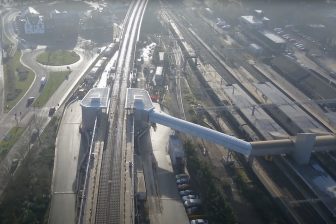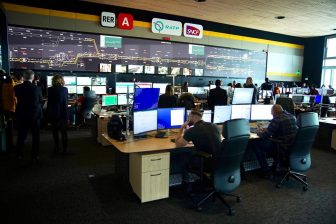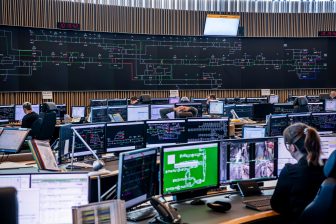
Poland to electrify 1,400 km of railway lines until 2030
Railway station in Poland PKP PLK
Poland’s investments in rail infrastructure as outlined in its updated National Rail Programme will focus on electrification, modernising the railway network and increasing train speed and connection times in the period until 2030.
Want to read more?
You have read all of your free premium articles for this month. Please become a subscriber to keep reading.
Subscribe now!
Take advantage of our exclusive offer to get full access to all premium content.



